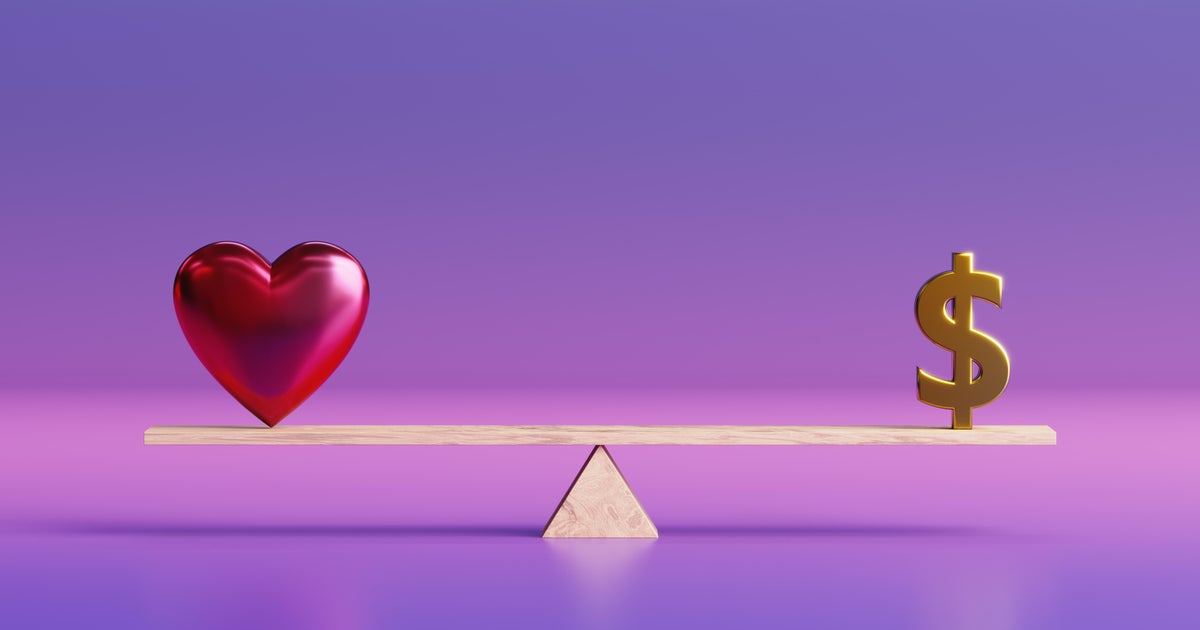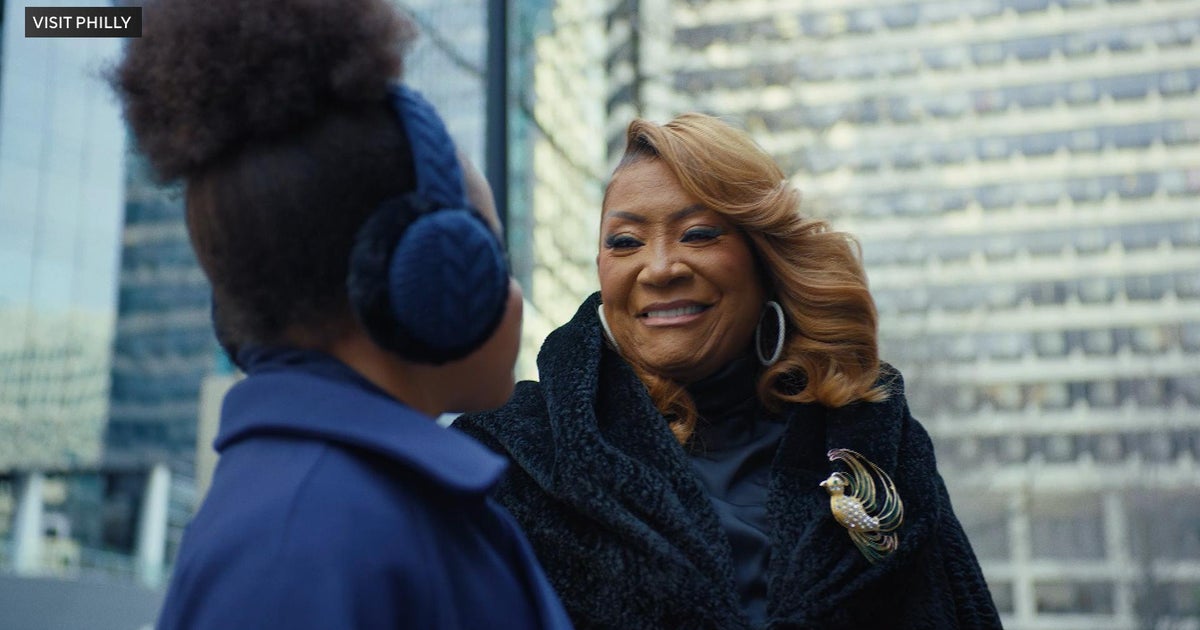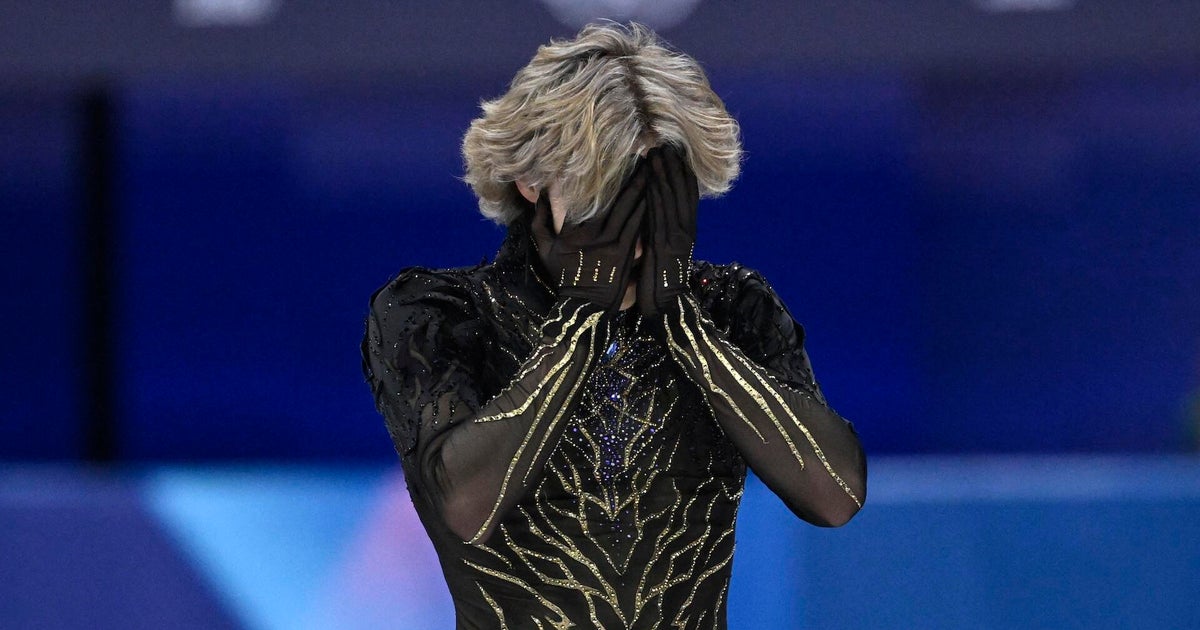Blackout Day draws national attention to Black spending power
Many Black Americans on Tuesday participated in a one-day spending stoppage called Blackout Day. Not opening their wallet was part of a larger effort aimed at highlighting how the Black dollar powers the U.S. economy and how America would be a very different place if Black consumers aren't participating.
Black athletes and celebrities – including singer Rihanna, Cleveland Cavaliers center Tristan Thompson and rapper Cardi B – have used social media to bring wider attention to Blackout Day in recent weeks. Rapper T.I. said via Instagram that there should be "one day of solidarity in America when not one Black person in America spends a dollar."
The Blackout Day movement is in its infancy and it hasn't caught on with every Black American. Although some African-Americans didn't spend money on July 7, others instead patronized Black-owned businesses — and some likely ignored the call altogether. Either way, the day has its roots in trying to emphasize what Black people have contributed, and continue to contribute, to businesses nationwide.
What is Blackout Day?
Blackout Day is when Black Americans are asked to not spend money — or only with a Black-owned business if necessary.
The phrase Blackout Day first surfaced in 2015 on Tumblr as an effort to showcase Black artists and creators and combat negative stereotypes Black people have endured. Then, this May, a Texas resident named Calvin Martyr morphed the phrase Blackout Day into an economic boycott.
The Blackout Day effort has gained steam following the deaths of George Floyd, Rayshard Brooks and Breonna Taylor at the hands of police as well as the murder of Ahmaud Arbery.
What issue does Blackout Day spotlight?
Black Americans and their spending are becoming an ever larger slice of the U.S. economy, especially spending on consumer goods, ranging from shoes to cell phone services. African-American buying power surpassed $1 trillion in 2016 and is expected to reach $1.5 trillion by 2021, according to the University of Georgia. That makes Black Americans the largest racial consumer market.
In addition, many Black Americans argue that some of the nation's biggest companies wouldn't be successful if it wasn't for the Black dollar. Adidas recently acknowledged that point, tweeting its success "would be nothing without Black athletes, Black artists, Black employees and Black consumers."
Martyr told a Houston television station that Black Americans refusing to buy things for one day will show the nation how important Black spending has become. Once the Black community draws that kind of financial attention, activists and political leaders can better advocate for eradicating institutional racism, he said.
Where can I find Black businesses to support for Blackout Day?
Websites and mobile apps can locate your nearest black-owned business. Black Nation, Black-owned Brooklyn, Official Black Wall Street and Support Black-Owned are some of the most popular directories. Facebook groups dedicated to minority entrepreneurs are another way to find black-owned businesses.
People who live in largely White rural areas should know that major metropolitan areas have a higher concentration of Black businesses that include restaurants, catering services, interior designers, law firms, daycare centers and clothing boutiques. Many of them can ship their goods anywhere via their websites or can provide their services to anyone with a Zoom app or FaceTime function.
Anyone looking to help Black businesses can also donate to a crowdfunding site, can bank with Black-owned lending institutions, can leave positive reviews of a Black business on their websites or can simply encourage their friends to also buy Black.
Can White people participate in Blackout Day?
Absolutely. Black businesses (some of which have already closed for good due to the coronavirus pandemic) will welcome customers from other ethnic groups. White Americans can also donate to, invest in or publicly promote Black businesses.
Still, Blackout Day was about redirecting Black dollars toward businesses and efforts that benefit the Black community. The goal is to remind the nation that where Black Americans spend their money can make or break a company — or even an entire economy.



